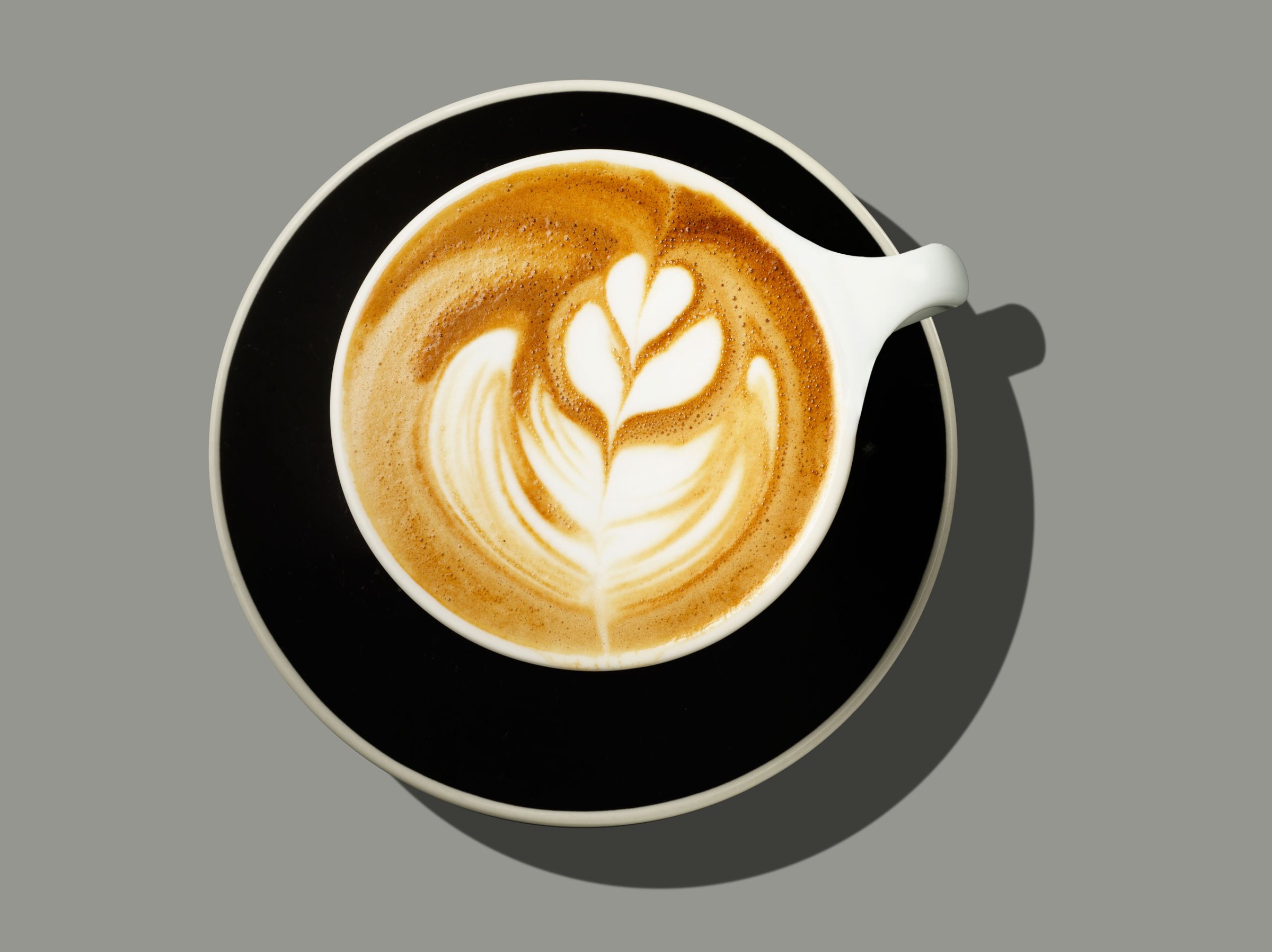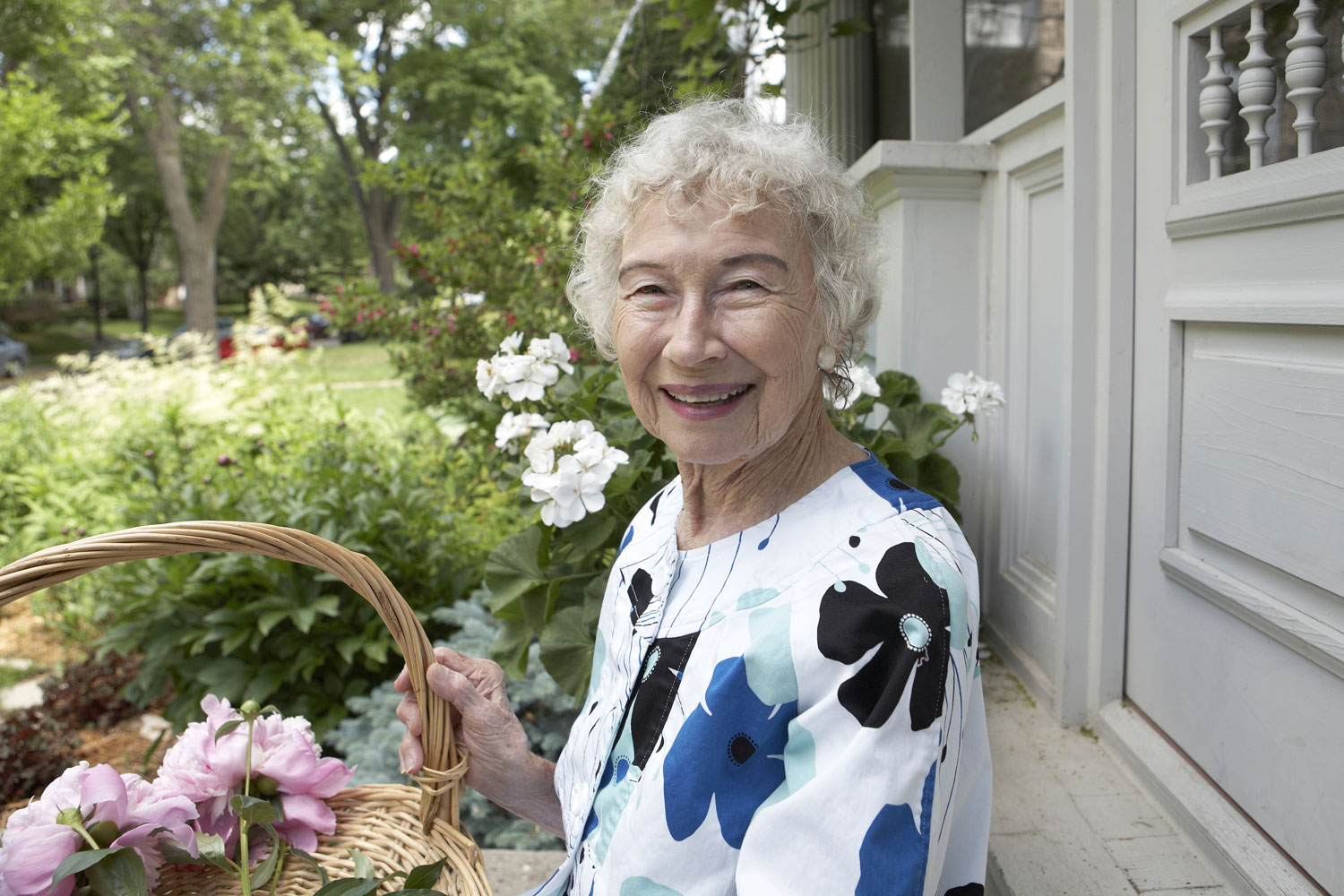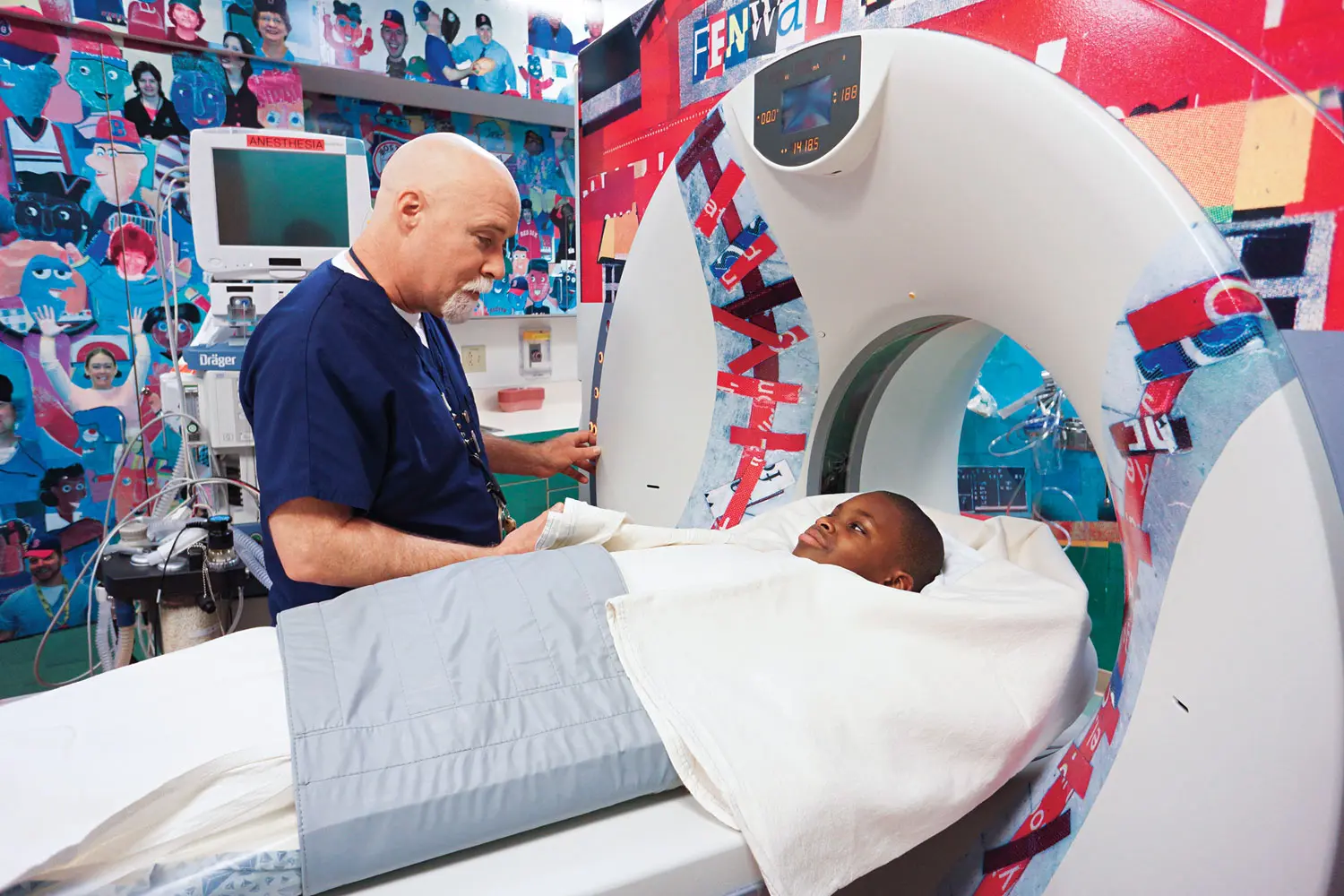
Ever had a time when you really needed a cup of coffee? Some days, the urge can be so strong that everything seems off until you have a hot cup of Joe in your hands.
Well, you’re not alone. Even pro athletes like Serena Williams find it hard to fight the siren call of caffeine. The tennis star made her love for coffee known during a recent match at the Hopman Cup in Perth, Western Australia.
HEALTH.COM: 12 Surprising Sources of Caffeine
Despite being the World No. 1 in women’s singles, Williams wasn’t doing too hot in her match representing the U.S. She dropped the first set 0-6 to Italy’s Flavia Pennetta.
Williams asked an official if she could order an espresso during the break between sets, SI.com reports. The request seemed silly, even to the pro herself, but the quick pick-me-up turned out to be a major game-changer.
Williams went on to dominate the next two sets 6-3 and 6-0, winning the match for the U.S. The athlete blamed a combination of jet lag and missing out on a cup of coffee as the reason for her slow start.
According to HopmanCup.com, Williams told reporters, “I am a coffee drinker. I didn’t have mine this morning and I was just feeling it, so I just had to get some coffee into me.”
HEALTH.COM: The Best Foods to Eat for Breakfast
Props to Williams for pulling off a win, but it does make you wonder just how much people really need their coffee.
“Caffeine withdrawal isn’t necessarily about addiction—it’s really more about your body adapting to having caffeine in your system, then reacting when the substance isn’t there,” says Health‘s contributing nutrition editor Cynthia Sass, MPH, RD. So if you’ve been a life-long coffee drinker, skipping your regular cup could bring on symptoms like headaches, fatigue, decreased alertness, and mood changes, she says.
“It’s more likely to happen if you [regularly] consume 500 milligrams of caffeine or more,” Sass says. “But it can happen with less if caffeine has been a daily habit.” Keep in mind 8 ounces of brewed coffee can have up to 200 milligrams of caffeine, Sass adds, while 1 ounce of Williams’ drink, the espresso, is on the lighter side with up to 75 milligrams.
See the 10 Healthiest Cities to Live in America










HEALTH.COM: How to Burn Calories at Breakfast
That said, there are upsides to making coffee part of your routine, especially for athletes like Williams.
“Caffeine may help boost athletic performance by increasing muscle strength and physical endurance while decreasing feelings of fatigue,” says Marisa Moore, RD, a spokesperson for the Academy of Nutrition and Dietetics. “Having caffeine during activity may give that second wind.”
Before big athletic events, it’s important to stick to what’s worked during your training routine, Moore says. If that means having a cup of coffee, then by all means do it.
HEALTH.COM: Best Superfoods for Weight Loss
Just enjoy caffeine in moderation—Sass says the recommendation for enhancing athletic performance is up to 6 milligrams per kilogram of body weight, which is about 400 milligrams per day for a 150-pound woman. And don’t use the beverage as a quick fix for fatigue when other issues like stress or diet are to blame.
“The real keys are listening to your body, and being honest with yourself about why you’re reaching for a cup of coffee (or two),” she says.
This article originally appeared on Health.com.
Read next: The Science Behind Making the Perfect Cup of Coffee
More Must-Reads from TIME
- Cybersecurity Experts Are Sounding the Alarm on DOGE
- Meet the 2025 Women of the Year
- The Harsh Truth About Disability Inclusion
- Why Do More Young Adults Have Cancer?
- Colman Domingo Leads With Radical Love
- How to Get Better at Doing Things Alone
- Michelle Zauner Stares Down the Darkness
Contact us at letters@time.com



